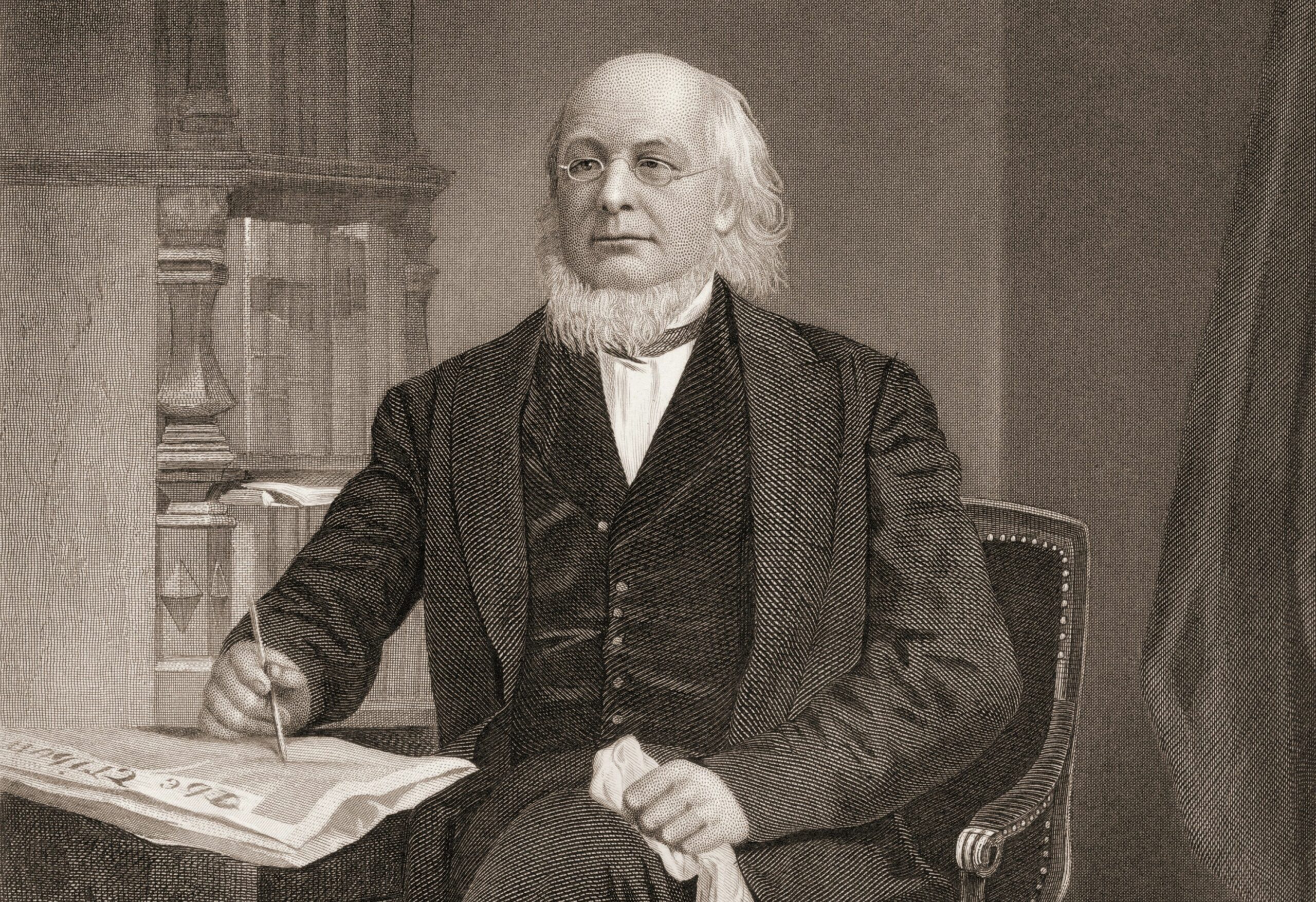About Publications Library Archives
heritagepost.org

Preserving Revolutionary & Civil War History

Preserving Revolutionary & Civil War History

Author: Abraham Lincoln
Date:1862
Annotation:
In August 1862, Lincoln stated: “If I could save the union without freeing any slaves I would do it; and if I could save it by freeing all the slaves I would do it; and if I could save it by freeing some and leaving others alone I would also do that.” In fact, by that time, immense pressure was building to end slavery and Lincoln had privately concluded that he could save the Union only by issuing an emancipation proclamation, which he had already drafted.
The pressure came from a handful of field commanders, Republicans in Congress, abolitionists, and slaves themselves. In May 1861, General Benjamin Butler (1818-1893), who had been a lawyer and a politician before the war, had declared slaves who escaped to Union lines “contraband of war,” not returnable to their masters. In August, Major General John C. Frémont, commander of Union forces in Missouri, had issued an order freeing the slaves of Confederate sympathizers in Missouri. Lincoln, incensed by Frémont’s assumption of authority and fearful that the measure would “alarm our Southern Union friends, and turn them against us,” revoked the order, but allowed Union generals discretion in providing refuge to fugitive slaves.
Congress, too, adopted a series of antislavery measures. In August 1861, it passed a Confiscation Act, authorizing the seizure of all property, including slaves, used for Confederate military purposes. Then in the Spring and Summer of 1862, Congress abolished slavery in the District of Columbia and the territories; prohibited Union officers from returning fugitive slaves; allowed the President to enlist African Americans in the army; and called for the seizure of the Confederate property.
The border states’ intransigence on the issue of slave emancipation also pushed the President in a more active direction. In the spring of 1862, Lincoln persuaded Congress to pass a resolution offering financial compensation to states that abolished slavery voluntarily. Three times, Lincoln met with border state members of Congress to discuss the offer, and even discussed the possibility of emancipation over a 30-year period. In July, however, the Congressmen rejected Lincoln’s offer.
This letter, marked “Private,” was written six months before his final decision to issue the emancipation proclamation.
Document:
If I were to suggest anything it would be that as the North are already for the measure, we should urge it persuasively and not menacingly, upon the South. I am a little uneasy about the abolishment of slavery in this District, not but I would be glad to see it abolished, but as the time and manner of doing it. If some one or more of the border-states would move fast, I should greater prefer it[.]….
I would like the bill to have…three main features–gradual–compensation–and vote of the people.
Source: Abraham Lincoln to Horace Greeley